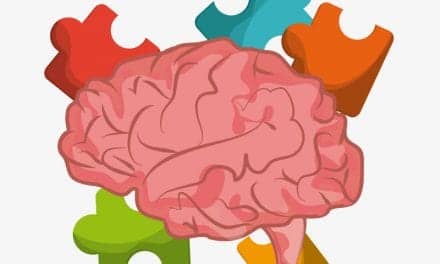Getting several hours of sleep helps refresh your brain, say researchers from the University of Wisconsin School of Medicine and Public Health (UW-Madison). New research supports the idea that sleep plays a critical role in the brain’s ability—known as plasticity—to change in response to the environment.
UW-Madison scientists showed that synapses—nerve cell connections central to brain plasticity—were strong when rodents had been awake and weak when they had been asleep. These findings reinforce the researchers’ hypothesis about the role of sleep. They believe people sleep so their synapses can downsize and prepare for another day and another round of learning and synaptic strengthening.
Their hypothesis goes against what many scientists currently believe about how sleep affects learning. The popular belief is that synapses are hard at work during sleep, replaying the information acquired during the previous waking hours, consolidating that information by becoming even stronger. The new findings appear in the January 20 online version of Nature Neuroscience.




